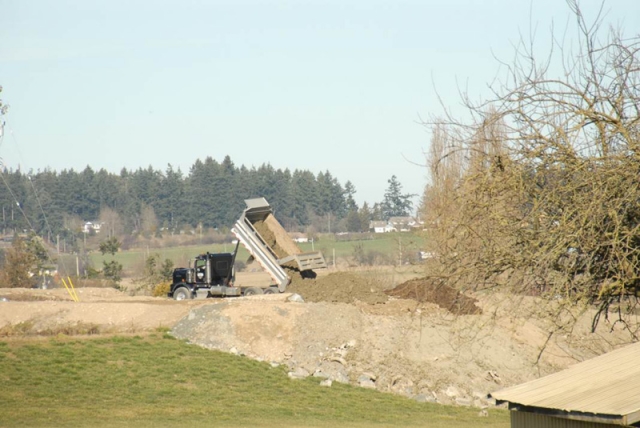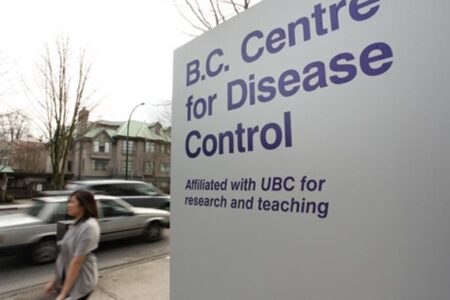Nelsonites gather to support Agricultural Land Reserve
Nelson and area residents who are concerned about food security in the region and the fate of the Agricultural Land Reserve (ALR) in the province will be gathering together on Feb. 7 at the Nelson United Church for a Save the Agricultural Land Reserve Rally aimed at raising awareness about the issue.
In the fall of 2013 the BC provincial government announced plans to “modernize” the Agricultural Land Commission (ALC) that governs the ALR in the province, which would remove the organization’s independent status and bring it under the umbrella of the Ministry of Agriculture. Decisions about land usage on the ALR would then be left to local governments and the oil and gas industry.
Nelson area resident and co-chair of the BC Food Systems Network, Abra Brynne is organizing the rally against the move to shake up the ALC.
“I and the BC Food Systems Network believe that protecting the scarce agricultural land that exists in our province is important for our current food needs and our future food needs,” says Brynne. “I think having control over agricultural land is the only sensible think in the long run. We feel we cannot afford to lose what little agricultural land we have – because once it’s gone, it’s gone.”
Brynne says the upcoming rally is aimed at bringing together local residents and doing some education about what the ALR actually is, what it’s not and why it’s important.
“Hopefully we’ll motivate people to take some action and let our political leadership know how they feel about the ALR,” she notes.
She said the event will feature some basic history and “myth busting” about the ALR, and a panel of three speakers with a great deal of knowledge about the subject, including: Nadine Ben-rabaha of Kootenay Meadow Farms in Creston, which supplies organic milk and cheese to the local area; former Nelson-Creston MLA and Slocan Valley farmer, Corky Evans; and Thomas Loo, a bylaw enforcement officer with the RDCK who worked for years in enforcement for the ALC on the Lower Mainland.
Abuse of ALR already present
Loo says his presentation at the rally will focus on his experiences as an enforcement officer for the ALC, which involved policing activities on lands set aside for farming that didn’t meet the guidelines, such as RV storage, dumping of municipal waste and lands being covered up by unsuitable fill material to build business operations that weren’t related to farming – all without authorization and under the guise of building an “agricultural” business.
“ I’ve seen the abuse that has gone into our system currently . . . I think if we don’t send a strong message to the premier and the ministers that it’s not OK for them to just sweep aside the ALC without any consideration for stakeholders – like the farmers, the agri-industry and the consumers of food – then we might as well just let them do whatever they want.”
ALR a worldwide model for food security
Corky Evans thoughts on what is happening with the ALC and ALR have been widely published online in a column he wrote on the subject.
Evans notes that before the establishment of the ALR in 1973, British Columbia lost 6,000 acres of land per year to subdivisions and other non-farm usages, and while it was tough for many to accept at the time, the ALR has made the province a model for food security around the world.
He points out that the Fraser Institute, a right-wing think tank, planted the seeds for the demise of the ALR with a 2009 report that “disparages both Canadian farmers and consumers of food who desire to purchase food produced locally.”
“That is why it is time for all people in the province who produce or eat food to rise up and defend the Agricultural Land Reserve,” Evans writes. “If we weaken it now it will die.
“This might be the moment when both urban and rural people could build a coalition of consumers and producers to defend farmland and support farmers that would define public policy in B.C. for decades to come.”
























Comments